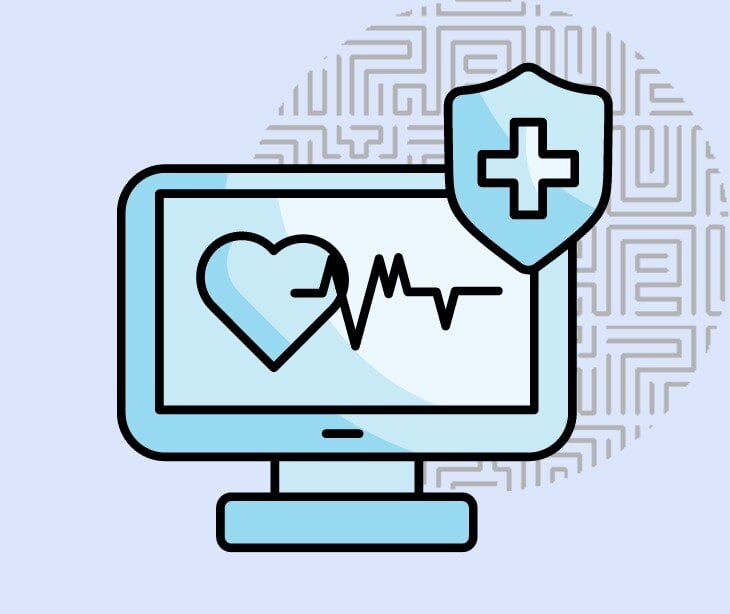2 min read
How HR can promote mental wellness in healthcare settings
Caitlin Anthoney Jan 25, 2025 4:18:37 PM

Healthcare organizations must recognize and address mental health challenges among their employees to truly support their workforce, helping them avoid stress and potential burnout.
According to a comprehensive review of the role of HR in promoting mental health and well-being in healthcare, there is a “need for a collaborative approach between HR professionals, healthcare leadership, and employees to create a workplace culture that prioritizes mental health, ultimately benefiting both the well-being of healthcare professionals and the quality of patient care.”
Creating a supportive work environment
The study states that the first step to promoting mental well-being is to create a workplace culture that values mental health. Organizations must implement policies and practices that reduce stigma around mental health, encourage open communication, and provide access to resources for mental health support.
More specifically, HR professionals can integrate mental health awareness into employee handbooks, codes of conduct, and organizational guidelines, showing employees that their mental health is a priority.
Implementing training and education programs
Comprehensive training initiatives can also help healthcare professionals manage stress. "These programs should focus on stress management, resilience building, and coping strategies to equip employees with the tools needed to navigate the challenges of their roles."
HR can help promote and maintain these programs, so they’re ongoing, easily accessible, and specific to healthcare staff’s needs. They can also host workshops, webinars, and group sessions that help employees build resilience and manage workplace stress effectively.
Providing accessible mental health resources
Mental health support should be available to all employees. "The review suggests that healthcare organizations should prioritize [including] mental health benefits in their overall employee well-being initiatives. Accessible mental health resources, counseling services, and employee assistance programs can contribute significantly to addressing and preventing mental health issues."
When organizations allocate resources to counseling services and employee assistance programs, HR professionals can inform employees how to access these benefits. Offering confidential support services can also reduce stigma and encourage more employees to seek help.
Promoting open communication
“Leadership should actively promote open communication, encourage seeking help, and recognize the importance of mental well-being in overall workforce productivity and satisfaction,” the study advises.
HR can work with leaders to model vulnerability and openness about mental health challenges. Regular check-ins, secure feedback channels, like using HIPAA compliant emails, and peer support programs can also help normalize conversations about mental well-being.
Encouraging peer support and self-advocacy
A culture of peer support can significantly enhance workplace morale. So organizations can “encourage colleagues to check in on each other and provide a helping hand when someone is struggling."
HR can facilitate this through team building, wellness challenges, and other activities that promote camaraderie and mutual support.
Allocate adequate resources
To sustain mental health initiatives, HR must ensure sufficient resources are allocated. "Allocate resources to support mental health initiatives, ensuring... adequate funding for counseling services, mental health programs, and employee assistance programs."
HR can also help budget for on-site counselors, mindfulness apps, or even relaxation spaces within healthcare facilities.
Read also: Using email for mental health support among healthcare workers
FAQs
Can HR teams offer support via email?
Yes, however, any email containing protected health information (PHI) must be secured and handled according to HIPAA regulations.
What constitutes PHI in emails?
PHI in emails can include any health-related information that identifies an individual, such as medical history, treatment information, or insurance details.
Who does HIPAA apply to?
HIPAA applies to covered entities, including healthcare providers, health plans, and healthcare clearinghouses. It also applies to business associates of these covered entities. These are entities that perform certain functions or activities on behalf of the covered entity.



%20(5)-1.jpg)
